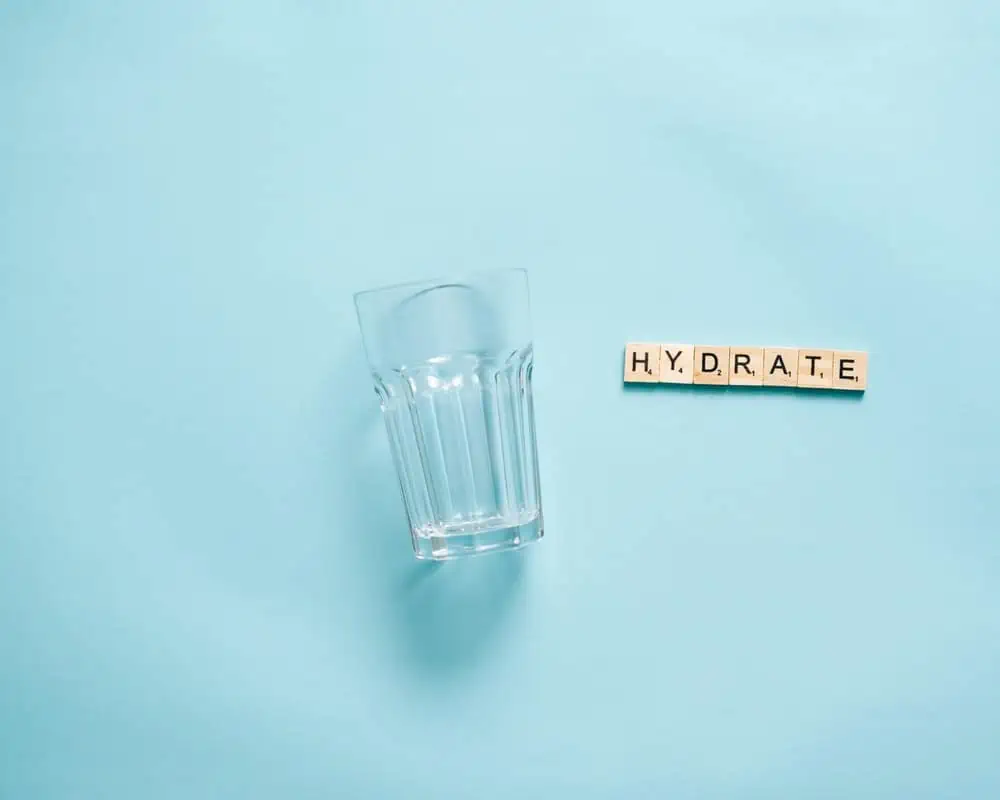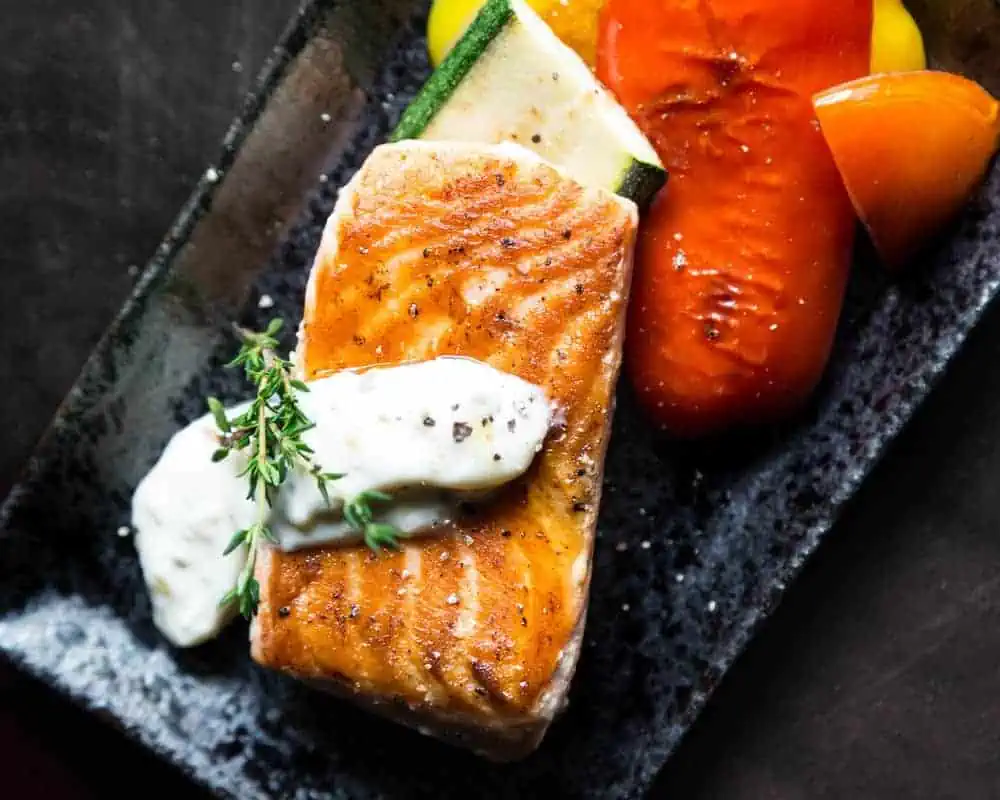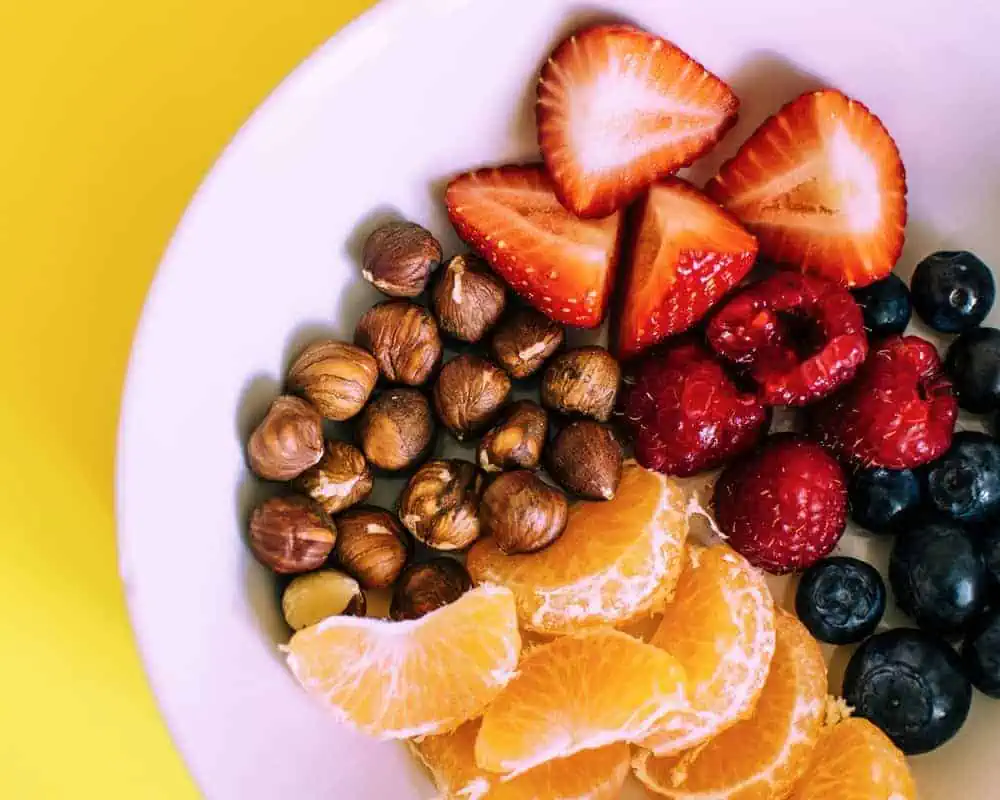Tips for Postpartum Nutrition
This post may contain affiliate links. As an Amazon Associate, I earn from qualifying purchases.
The time after giving birth is extremely precious for every mom. This is when new moms spend most of their time bonding with their babies, caring for them, breastfeeding, and taking rest to allow their bodies to heal. However, when it comes to postpartum nutrition, many mamas tend to focus on how they can lose weight instead of nourishing their bodies properly. This can be source of stress in a time when you should give your body grace mama. 🙂
After birth, your body needs healthy, nutrient-dense foods to promote your recovery, milk production, and have energy for all the daily tasks you have to do during the day. Plus, the great added benefit is that you focus on nourishing your body, it will naturally and gradually become more balanced (of course- weight loss is usually part of this.)
Today, we will dive into postpartum nutrition and review a few useful tips on how you can care for your post-pregnancy body with the right foods and healthy eating habits.
Why Postpartum Nutrition Is Important
As a new mom, you have just spent nine long months growing a baby in your belly, and you are recovering now from labor. And if that’s not enough, you are now caring for your baby full-time! It’s easy to see that with all these changes going on in your life, your body requires optimal nutrition to function properly.
Proper postpartum nutrition can help you recover physically, enhance lactation, and decrease the risk of developing postpartum depression as well. Of course- it’s easier said than done when you’re tired and starving from caring for your baby!
Hence, for your own good, the best thing you can do is to pay attention to what you eat after birth and try to avoid nutrient depletion.
Want some formal guidance in postpartum nutrition (and exercise) from a mama that’s been there? Check out the Milky Mama’s Postpartum Plan.
Related read: The Complete Postpartum Care Checklist
Tips for Proper Postpartum Nutrition
Now that you know why nutrition is crucial during the period of postpartum, let’s see what you can do in order to have a healthy diet that fulfills all the extra needs of your postpartum body. Below you will find a few practical nutrition tips:
1. Hydrate properly
We all know that hydration is vital to bodily functions. However, when it comes to breastfeeding moms, adequate water intake is more important than ever.
If you are also breastfeeding your little one, then make sure to consume at least 10-15 (eight-ounce) glasses of water each day. About this amount of water is required to quench your thirst and promote lactation. You can also check whether you are properly hydrated by taking a look at the color of your pee. If it’s pale yellow, you are hydrated. However, if it’s rather dark-colored, you might be dehydrated.
Additionally, by staying hydrated all day long you can help your body to recover faster from birth as well. This is true whether your breastfeeding or not!
Keep a bottle full of water near you at all times (or keep a few “water stations” throughout the house) as reminder to keep drinking. That way when thirst hits you have water to drink even if you are in the middle of feeding your baby.
2. Eat nutrient-dense foods
Having a balanced diet is necessary for everyone, including new mamas. Therefore, try to focus on eating nutrient-dense foods. Instead of consuming empty calories (aka processed food that comes in a box or bag), get your nutrients from healthy sources, such as fruits, vegetables, protein, carbs rich in fiber, and healthy fats (for example, seeds, nuts, avocados, etc.).
Vitamin A, vitamin C, vitamin D, B vitamins, iron, omega-3 fatty acids, folate, zinc, iodine, magnesium, and selenium are all important nutrients for new moms. Top foods that are recommended for recovering moms include oats, leafy greens, sweet potatoes, and apricots to name just a few.
Related read: Postpartum Workout Plan
3. Have some anti-inflammatory foods
If you want to take your eating habits to the next level, consider also getting some anti-inflammatory foods in your postpartum diet. Your body will appreciate it!
Here are a few examples of anti-inflammatory foods:
- Fruits, particularly berries
- Various fresh vegetables, especially green leafy vegetables
- Healthy fats, such as avocado oil, coconut oil, extra-virgin olive oil
- Fatty, lower mercury fish, for example, salmon
- Proteins that are rich in iron, including liver, beef, lamb, buffalo, bone broths
- Whole grains like oats, rice, quinoa, etc.
- Probiotic foods, such as kefir, yogurt, and sauerkraut
4. Opt for foods high in collagen
If you want to help your body to heal, consider eating foods high in collagen. These foods can help reduce your postpartum hair loss, improve your skin tone, rebuild your tissues, promote better bone health and stronger muscles, and more.
If you are wondering which foods are rich in collagen, here are a few great sources of collagen:
- Fish
- Egg whites
- Chicken
- Leafy greens
- Red and yellow vegetables
- Garlic
- Tomatoes
- Beans
- Avocados
- Berries
Of course, if you find it easier, you can also take collagen supplements to increase your intake and boost your recovery.
Related read: The Ultimate Postpartum Recovery Plan
5. Consume caffeine only in moderation
When it comes to caffeine, it’s better to be careful if you are nursing. This is because the caffeine you consume can get into your breast milk. Although research shows that the amount found in breast milk is too small to cause any adverse effects, you might want to limit your caffeine intake to 200-300 mg a day to be safe.
When you’re exhausted, it may be tempting to drink more. Instead, opt for more water, tea (I love Mother’s Milk Tea!), or some other drink to stay hydrated.
6. Take dietary supplements
It’s highly recommended for new moms to continue taking their prenatal vitamins while breastfeeding as their bodies need these extra vitamins during postpartum as well.
Additionally, other dietary supplements can also be beneficial for you. Make sure to ask your doctor which supplements would be the best in your case. For example, I kept taking an iron supplement for a while since I was anemic during my pregnancy.
7. Keep healthy foods at home
If you want to eat more healthily during the postpartum period, one of the most effective things you can do is to always keep some healthy foods at home and on hand (aka easy to grab). Fill your pantry and fridge with healthy snacks (fruits and veggies are the best!) and eliminate unhealthy foods, including chips, cookies, and desserts.
For me, I struggled with this in the first few weeks when I really didn’t want to prepare anything. So I made a goal of chopping up some fresh veggies for each week that I could keep on hand in the fridge. Plus, there were always bananas and apples to snack on. Once I had a little more time and energy, I also prepped some breakfast goodies like peanut butter oatmeal cookies, overnight oats, boiled eggs, etc. I always found myself starving in the morning and eating junk that was easy grab- so prepping a little helped A LOT!
With a few healthier choices available and easy to eat when you’re hungry, chances are that you can improve your diet and cut back on empty calories.
8. Get your freezer meals out of the freezer/ask someone to cook for you
With a newborn at home, it’s pretty hard to find enough time (and let’s admit it: energy as well!) to cook nourishing meals. Thus, if sometimes you end up ordering some food or skipping a meal, you don’t need to feel ashamed. I understand you mama!
However, if you took advantage of “nesting” during pregnancy and you have stocked your freezer with some freezer meals, then it’s time to get these delicious and healthy meals out of the freezer and eat them.
Also, you can ask a friend or family member to bring some home-cooked meals to you. For example, when they ask how they can help, tell them that you would love to eat a healthy dish but you are too tired to cook. – Remember that you should never be afraid to ask for help. Your loved ones will be happy to help you!
If your family or friends don’t want to cook, they can also pick up a few healthier premade options at the store. For example, I stocked up on quiche, tomato soup, and other favorites at Costco!
Related read: 11 Mom Motivation Quotes for When You Need Them
Take care of both you and the baby
Understandably, after giving birth your priority is taking care of the baby. But you should not forget about your own needs either. Focus on eating well and develop a healthy, nutrient-dense postpartum diet. Thus, you can speed your healing, boost your milk supply, increase your energy levels, and improve your overall health. And if you think about it, your baby can also gain from these things, so it’s a win-win!
How does your postpartum diet look like? What tips do you have?












